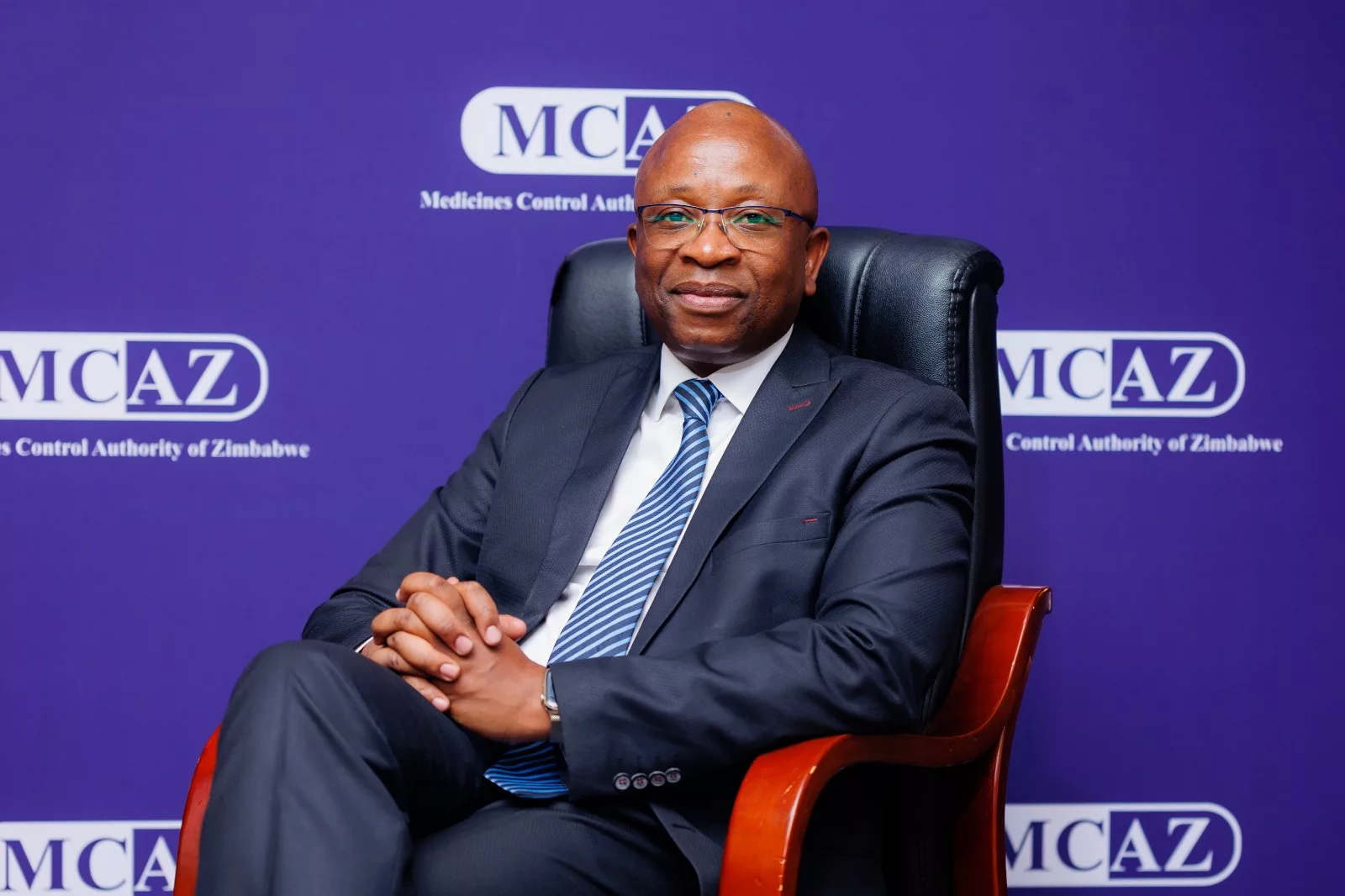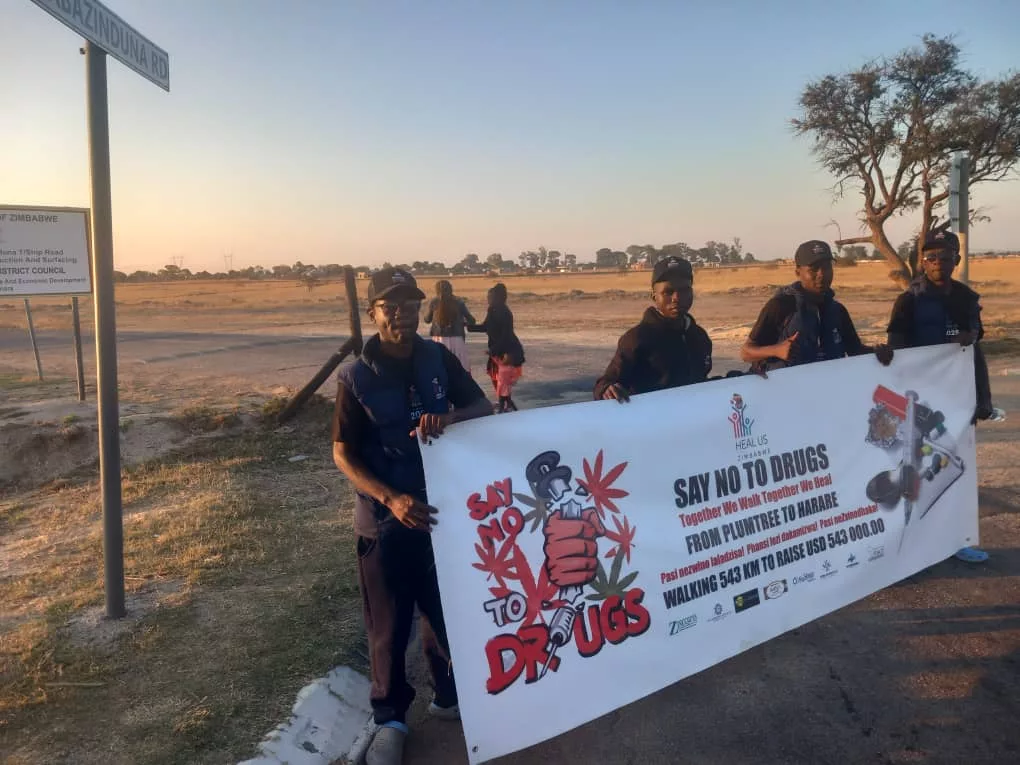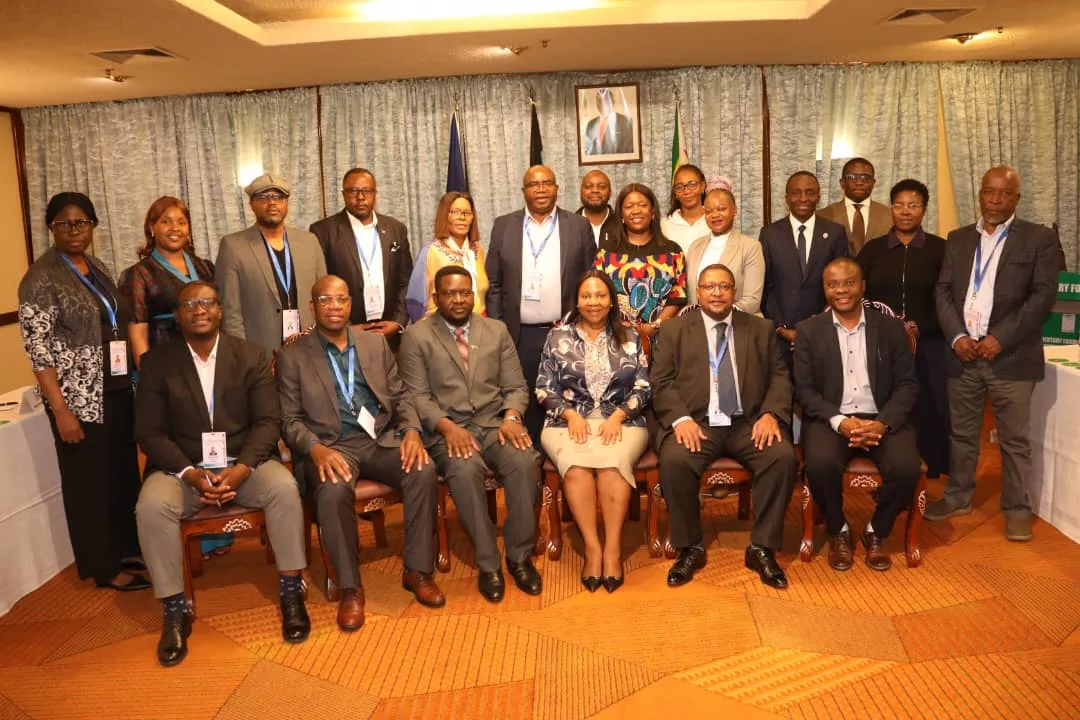By Joyce Mukucha
On 6 February 2021, the United Nations (UN) through its agencies, the World Health Organisation (WHO), the United Nations Population Fund (UNFPA) joined the rest of the world to commemorate the International Day of Zero Tolerance for Female Genital Mutilation (FGM).
The UN has noted with concern that many countries are experiencing a “crisis within a crisis” due to the pandemic including an increase in FGM and called upon the global community to reimagine a world that enables girls and women to have voice, choice, and control over their own lives.
All international communities have been urged to be part of the online conversation and participate on social media in ending FGM stressing that the practice should be eradicated by 2030.
FGM relates to all procedures that involve partial or total removal of the external female genitalia or other injuries to the female genital organs for non-medical reasons.
In 2021 alone, studies reveal that there are 4.16 million girls around the world, who are at risk of undergoing female genital mutilation.
The UN is against this practice as it explains it as an abuse of human rights and causes serious health complications, including fatal bleeding.
According to the World Health Organization (WHO), about 120 to 140 million women have been subject to FGM and 3 million girls are at risk each year.
The UN General Assembly designated February 6th as the International Day of Zero Tolerance for Female Genital Mutilation, with the aim to amplify and direct the efforts on the elimination of this practice.
The day was first officially commemorated by UN in 2003 and it continues to fight against it through a range of activities in addition to the observance.
UNFPA estimates that additional 2 million girls are projected to be at risk of undergoing female genital mutilation by 2030.
In response to this human rights violation, the United Nations, through its UNFPA-UNICEF joint programme, has been adapting interventions that ensure the integration of female genital mutilation in humanitarian and post-crisis response.
In light of the day’s commemorations, UNFPA said, “Together, we can eliminate female genital mutilation by 2030. Doing so will have a positive ripple effect on the health, education, and economic advancement of girls and women.”
The UN Secretary-General António Guterres said there was a need for collective actions to ensure that FGM is eradicated by 2030.
He pointed out that FGM is a violation of human rights, the health, and the integrity of girls and women.
“Female genital mutilation comprises all procedures that involve altering or injuring the female genitalia for non-medical reasons and is recognized internationally as a violation of the human rights, the health and the integrity of girls and women,” said Guterres.
This year the UNFPA-UNICEF Joint Programme on the Elimination of Female Genital Mutilation and the Inter-African Committee on Traditional Practices (IAC) jointly launch the 2021 theme: “No Time for Global Inaction, Unite, Fund, and Act to End Female Genital Mutilation.”
Various researches highlight that girls who undergo female genital mutilation face short-term complications such as severe pain, shock, excessive bleeding, infections, and difficulty in passing urine, as well as long-term consequences for their sexual and reproductive health and mental health.
Although primarily concentrated in 30 countries in Africa and the Middle East, civil partners note that female genital mutilation is a universal problem and is also practiced in some countries in Asia and Latin America.
Female genital mutilation continues to persist amongst immigrant populations living in Western Europe, North America, Australia and New Zealand.
According to UNFPA, in 2020, the COVID-19 pandemic has negatively and disproportionately affected girls and women, resulting in a shadow pandemic disrupting Sustainable Development Goal target 5.3 on the elimination of all harmful practices including, female genital mutilation.
“FGM is an extreme form of discrimination against women, reflecting deep-rooted gender inequality. Evidence shows that COVID-19 is worsening existing gender and social inequalities.
“To promote the elimination of female genital mutilation, coordinated and systematic efforts are needed, and they must engage whole communities and focus on human rights, gender equality, sexual education and attention to the needs of women and girls who suffer from its consequences,” said UNFPA.
In as much as UN action is concerned in ending FGM,it said, “Although the practice has been around for more than a thousand years, there are reasons to think that female genital mutilation could end in a single generation. That is why the United Nations strives for its full eradication by 2030, following the spirit of Sustainable Development Goal 5,” UN underscored.
Since 2008, UNFPA, jointly with UNICEF, leads the largest global programme to accelerate the elimination of female genital mutilation. The Joint Programme currently focuses on 17 countries in Africa and the Middle East and also supports regional and global initiatives.
Over the years, this partnership has seen significant achievements. For instance, more than 2.8 million people participated in public declarations of FGM elimination, and the number of communities establishing surveillance structures to track girls doubled and protected 213,774 girls from undergoing the practice.
UNFPA has it that, “There may be as many as 2 million cases of female genital mutilation by 2030 that would have otherwise been averted due to the COVID-19 pandemic.”
According to a UNFPA pre-COVID-19 study, the cost of preventing female genital mutilation is $95 per girl today.
Other studies indicate that in 30 countries where female genital mutilation is prevalent, they are experiencing high population growth, with at least 30 per cent of girls undergoing female population under the age of 15.
Around 1 in 4 girls and women, or 52 million worldwide, experienced female genital mutilation, performed by health personnel pointing to an alarming trend in the medicalization of female genital mutilation.
WHO highlighted that it is critical to secure resources for continuing the crucial work of preventing female genital mutilation (FGM) and providing healthcare to girls and women at risk or affected during COVID-19 and beyond.
“Marking the annual International Day of Zero Tolerance for Female Genital Mutilation (FGM) in the context of COVID-19 is a timely reminder of the health sector’s vital role in ending this violation of girls’ and women’s health and human rights.
“From offering preventive services at the primary care level to ensuring the highest quality care possible for women and girls who have already undergone FGM, healthcare providers are powerful agents for change and service in their communities,”said WHO.
In quest to eradicate the harmful practice, WHO and HRP Research are working with national research institutions in Guinea, Kenya and Somalia to study the effectiveness of a health systems on FGM prevention and care package.
“The package includes interactive training for nurses and midwives to build skills for providing person-centered communication on FGM prevention.
Other civil organisations stressed that empowering healthcare providers to communicate effectively, empathically and in a sensitive way is critical for preventing and treating FGM and for improving the quality of health care for women in general.
“Access to sexual and reproductive health and rights, including FGM prevention and care, maybe reduced during national lockdowns. Girls and women may become more isolated and miss FGM prevention and care services. The ongoing strain on health services may reduce vigilance by local authorities in countries where there are laws against this harmful practice. All these factors may increase girls’ and women’s risk of FGM,” civil organisations pointed out.
WHO strongly affirms that women’s choices and rights to sexual and reproductive health care should be respected, regardless of COVID-19 or their COVID-19 status.
“At this challenging time, healthcare workers can continue supporting multisectoral efforts towards the elimination of FGM by 2030 by striving to ensure quality care is provided for girls and women with FGM health complications, consistent with WHO COVID-19 safety measures and WHO guidance on FGM clinical management,” said WHO.
The global commitment to Universal Health Coverage (UHC), it has been revealed, is an opportunity to reset the very foundations of health systems.
Organisations indicated that the inclusion of FGM in the WHO UHC Compendium emphasizes how important it is to sustain programmes that prevent and treat the health complications of FGM across the pandemic.
FGM exacts a crippling human cost on girls and women around the world, and an economic one too, as the WHO FGM Cost Calculator shows.






